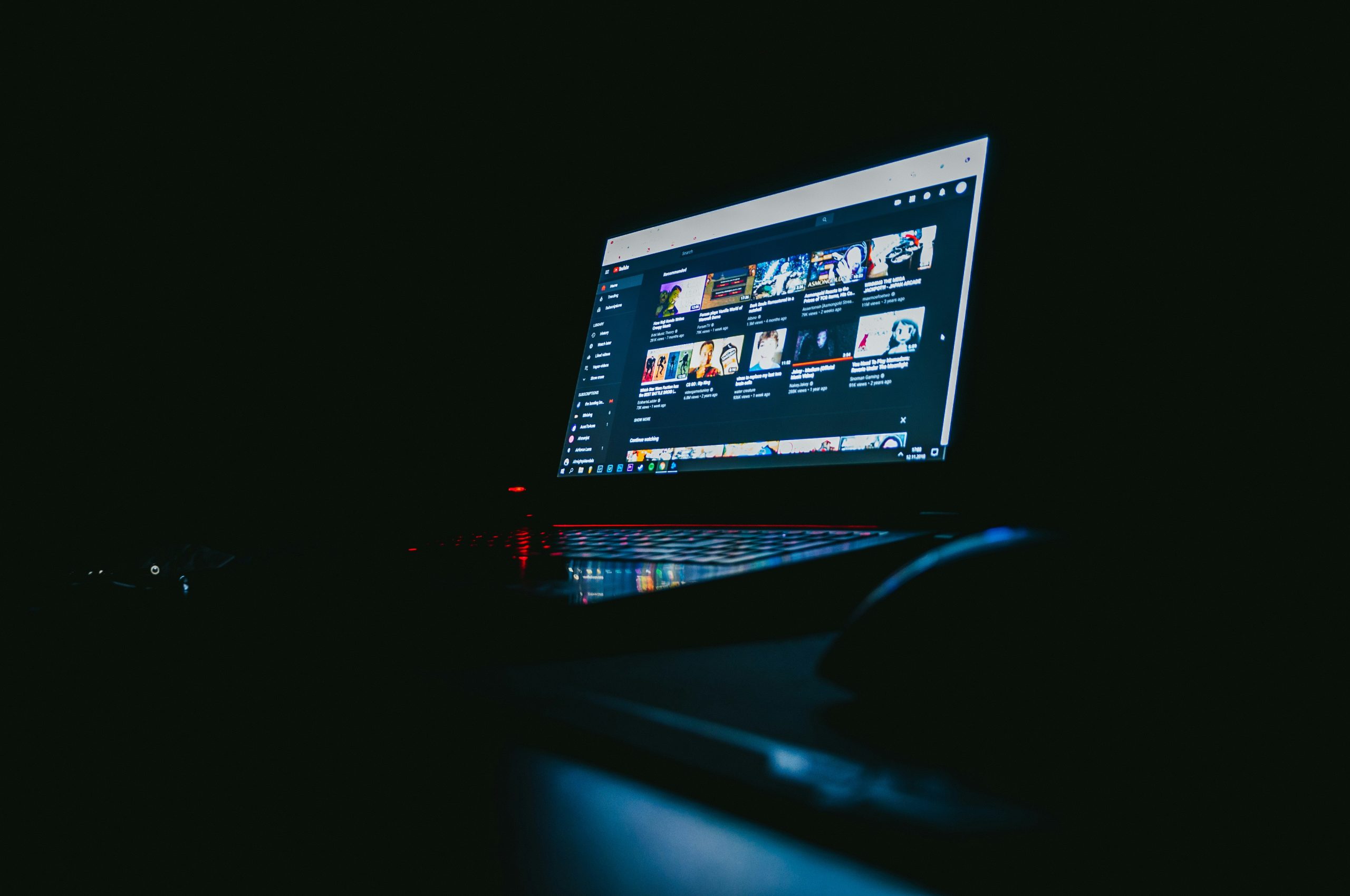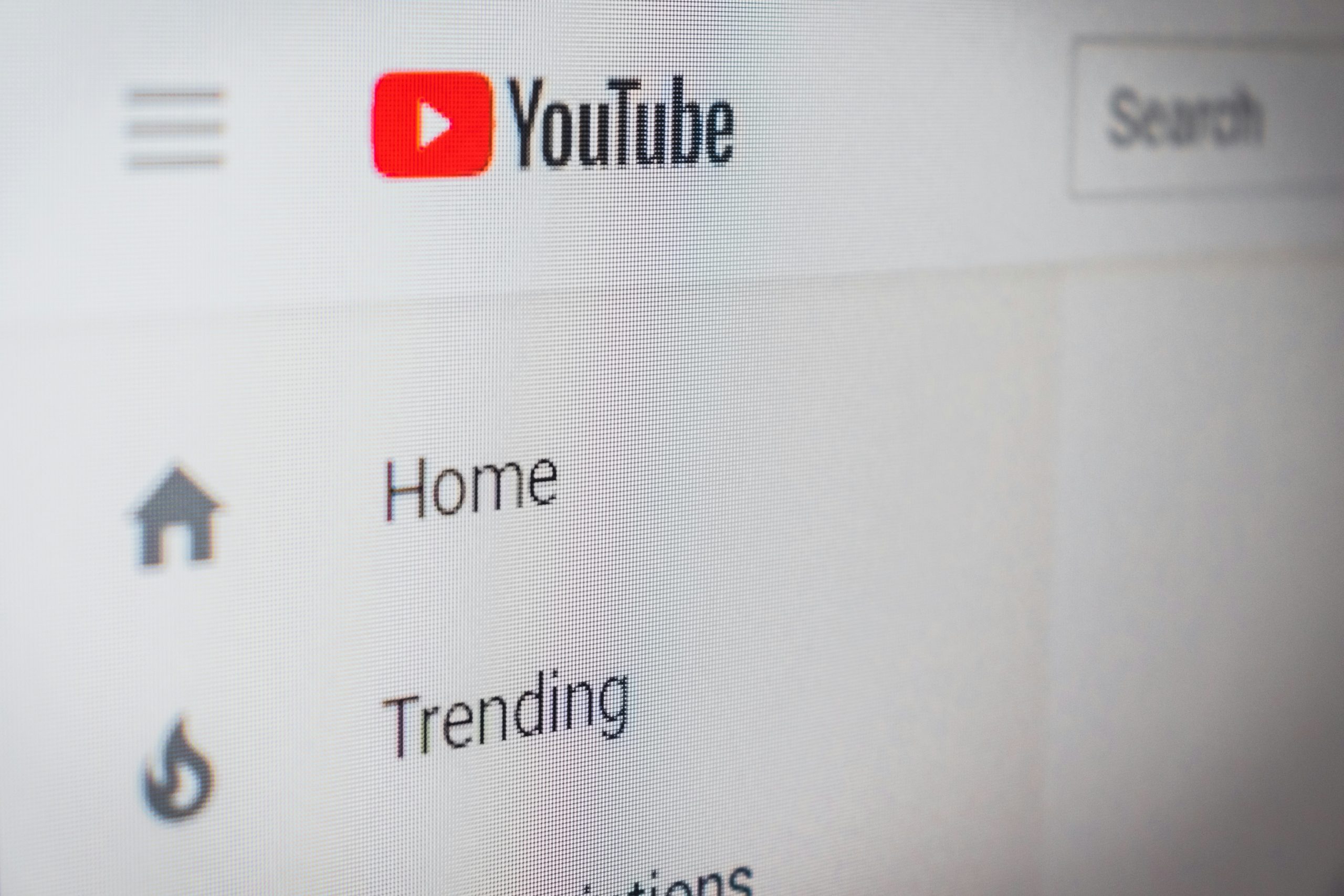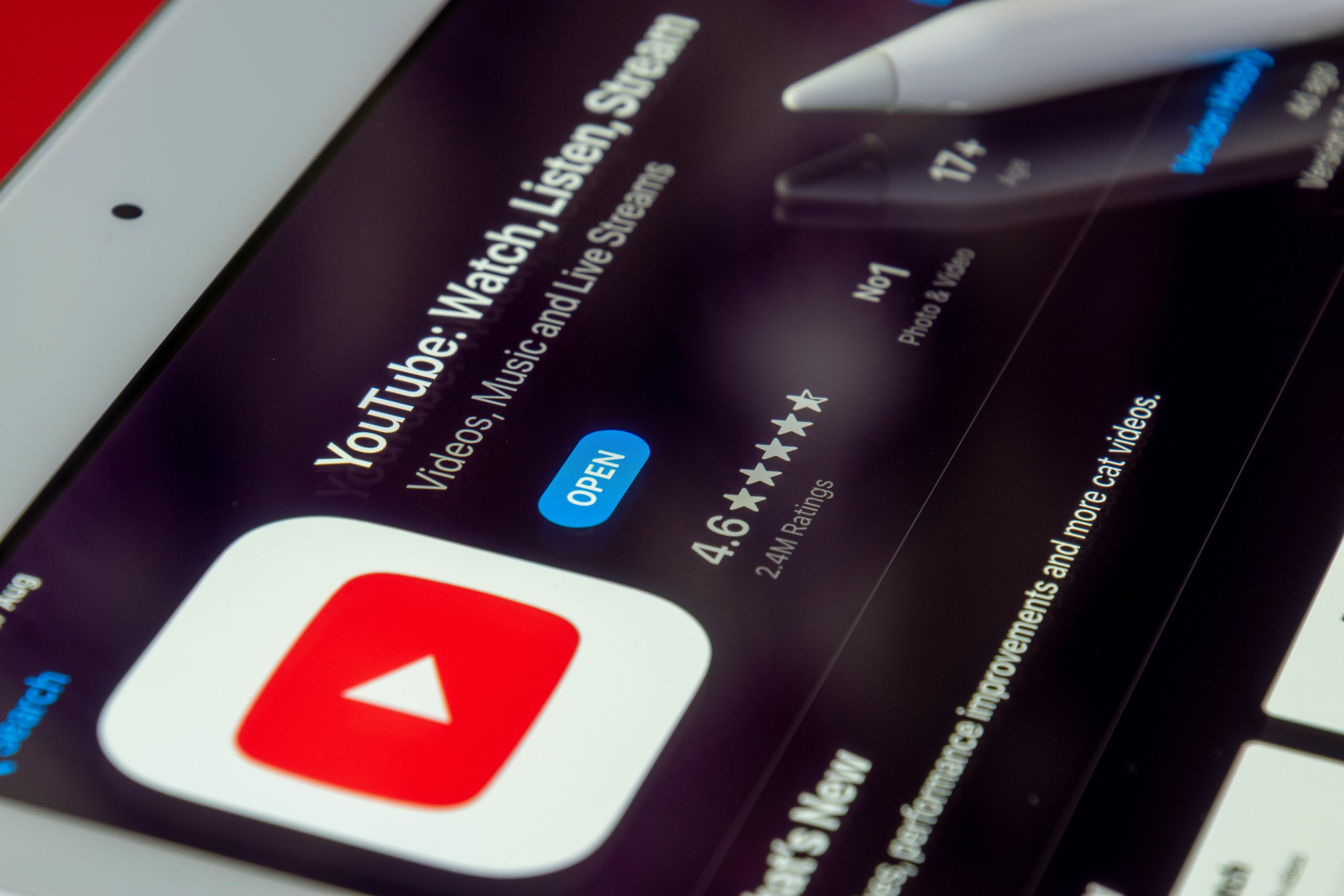In an age where content consumption is as instantaneous as a swipe of the finger, YouTube Shorts has emerged as a captivating platform for quick bursts of creativity and entertainment. These bite-sized videos not only provide endless amusement but also serve as a canvas for budding creators to showcase their talents. However, as viewers eagerly dive into this world of rapid-fire storytelling, a pressing question lurks in the shadows: Is downloading YouTube Shorts illegal?
While it may seem harmless to save your favorite clips for offline viewing or inspiration, the legal landscape surrounding digital content can be murky at best. With copyright laws evolving alongside technology, understanding the rules governing these micro-videos becomes crucial for both casual viewers and aspiring creators alike. Join us as we peel back the layers on this contentious issue, exploring not just the legality of downloading Shorts but also its ethical implications in our increasingly interconnected digital environment.
What Are YouTube Shorts?
YouTube Shorts is a dynamic feature introduced by YouTube to compete in the fast-paced world of short-form video content, dominated by platforms like TikTok and Instagram Reels. These 60-second videos are designed for quick consumption, showcasing creativity in a compact format that encourages users to express themselves through rapid storytelling, engaging visuals, and music integration. What sets YouTube Shorts apart is its seamless integration with the broader YouTube ecosystem, allowing creators to reach wider audiences while leveraging their existing channels.
As viewers increasingly gravitate towards bite-sized entertainment, Shorts has become a powerful tool for brand engagement and growth. Creators can experiment with content styles that might not fit their longer videos—think behind-the-scenes snippets or fun challenges—easily capturing authentic moments that resonate with audiences. Additionally, YouTube’s algorithm promotes these brief clips on various channels across the platform, leading to increased discoverability. This trend highlights an important shift: consumers crave spontaneity and genuine connection over polished productions, making the format ripe for innovation among budding creators eager to make their mark.

Copyright Basics Explained
Copyright is a legal framework designed to protect the rights of creators by giving them exclusive control over how their original works are used and distributed. When it comes to digital content, such as YouTube Shorts, understanding copyright principles becomes crucial for users who may be tempted to download and share these videos. Each Short is often an expression of creativity — from unique video edits to original soundtracks — which means that downloading or using someone else’s work without permission can lead to infringement claims.
It’s essential to recognize that just because something is accessible online doesn’t grant you free reign over it. Many users mistakenly believe that viewing a video on platforms like YouTube implies consent for reuse; however, copyright laws typically require explicit permission from the creator or rights-holder for any reproduction or alteration of their work. Moreover, fair use provisions might allow some flexibility in specific contexts—like commentary or criticism—but those exceptions can be murky and case-dependent, often leaving the user unaware of potential risks.
Navigating copyright issues can feel daunting, particularly in a fast-paced media landscape where content is constantly evolving. Nevertheless, being informed not only protects creators’ rights but also enhances respect within this vibrant ecosystem. Engaging with content ethically ensures that we support the very artists and storytellers who make digital spaces rich with innovation and diversity while fostering a community grounded in mutual respect for intellectual property.
YouTube’s Terms of Service Overview
YouTube’s Terms of Service offer a comprehensive framework that governs user interactions with the platform, and understanding these terms is crucial for navigating legal issues surrounding content use. At its core, YouTube emphasizes that all videos uploaded to the platform are protected by copyright law, which means users cannot download or distribute content without permission from the original creator. This protection extends even to the popular Shorts format, where creators may craft engaging snippets designed specifically for quick viewership.
However, YouTube also encourages creativity and sharing within its community guidelines; this paradox raises questions about how users can ethically engage withShorts. For instance, features like embedding or sharing links to videos allow users to spread content widely while still respecting creators’ rights. It’s a delicate dance between fostering community engagement and protecting intellectual property – a balance that YouTube continually navigates as it evolves its policies in response to changing digital landscapes. Understanding these nuances not only shields you from potential infringements but also enhances your appreciation of the creative work being shared on this vibrant platform.

Legal Consequences of Downloading Content
Engaging in the act of downloading content, including YouTube Shorts, can lead to a maze of legal consequences that many users overlook. While it may seem harmless to save a short video for offline viewing, doing so without proper permission could potentially infringe on copyright laws. Creators invest significant time and resources into their work, often relying on monetization options provided by platforms like YouTube. By bypassing these systems through unauthorized downloads, one not only risks facing repercussions from the platform but also exposes themselves to potential lawsuits from content creators seeking to protect their intellectual property.
Additionally, this issue extends beyond individual creators. The cumulative effect of widespread illegal downloads can undermine the entire digital ecosystem that sustains content creation. When piracy proliferates, advertisers become wary of investing in ad-supported platforms due to reduced viewer engagement and revenue loss. In turn, this cycle jeopardizes the financial viability of content-producing businesses and affects countless livelihoods in the industry. Therefore, being mindful about how we engage with digital media isn’t just a matter of legality — it’s about supporting creativity and ensuring that talented individuals continue to thrive in an increasingly competitive landscape.
Alternatives to Downloading YouTube Shorts
For those seeking alternatives to downloading YouTube Shorts, consider exploring streaming options that enhance your viewing experience without breaching copyright concerns. Platforms like Instagram Reels or TikTok offer similar short-form videos and creative content from diverse creators. These platforms not only provide a new perspective on trends but allow you to engage directly with the community through likes, comments, and shares, fostering a sense of interaction that goes beyond mere consumption.
Another option is using curated playlists or channels dedicated solely to YouTube Shorts. By subscribing to your favorite creators or utilizing features like “Watch Later,” you can easily access content without the need for downloads. Additionally, tools such as screen recording—while standing on shaky legal ground—can help you capture moments worth sharing while still allowing creators their due credit when shared responsibly within community guidelines. Embracing these alternatives not only supports YouTube’s ecosystem but also opens doors to discovering even more talented voices in the ever-evolving digital landscape.

User Intent: Personal vs. Commercial Use
User intent plays a crucial role in the discussion surrounding the legality of downloading YouTube Shorts, significantly influencing how content creators and users engage with this medium. When individuals download Shorts for personal use—like saving a favorite video to share with friends or enjoying it offline—they often feel a sense of ownership over the content. However, this personal intent does not necessarily exempt them from copyright restrictions. The thin line here lies in whether the content was originally created for public consumption or if it’s meant for exclusive promotional purposes; understanding this nuance is vital.
In contrast, commercial use shifts the landscape entirely. Businesses seeking to leverage YouTube Shorts for marketing campaigns face stricter regulations and potential legal repercussions when downloading such content without permission. This underscores the importance of licensing agreements and respecting intellectual property rights within commercial contexts. Engaging with these distinctions helps illuminate broader conversations about digital ownership and responsibility in today’s fast-paced media environment, encouraging viewers to respect creators’ rights while navigating their online experiences responsibly.
Conclusion: Navigating the Legality of Downloads
As we conclude our exploration of the legality surrounding downloading YouTube Shorts, it’s essential to recognize that this issue transcends mere personal interest. The digital landscape is continuously evolving, and so too are the laws that govern it. Even though some may argue for the right to download content for individual use or enjoyment, it’s crucial to understand how these actions can inadvertently contribute to a broader culture of copyright infringement and its consequences.
Moreover, the tension between content creators’ rights and audience access represents an ongoing debate in today’s media-centric world. Platforms like YouTube provide valuable opportunities for artists and influencers, who often rely on revenue generated through ad views and engagement. Downloading Shorts without permission not only undermines their hard work but also diminishes their ability to monetize their efforts effectively. As viewers, embracing respectful consumption can foster a richer creative ecosystem where creators feel valued and incentivized to produce exceptional content that entertains all of us.
Navigating this complex terrain ultimately calls for mindfulness; understanding both legal ramifications and ethical considerations is more important than ever in our digital interactions. By championing original content through permissible means—be it about sharing links or using authorized tools—we can play a part in sustaining creativity while enjoying everything platforms like YouTube have to offer. In this rapidly changing environment, awareness is empowerment; make informed choices that reflect not just your desires as a consumer but respect for those who produce the art you love.
